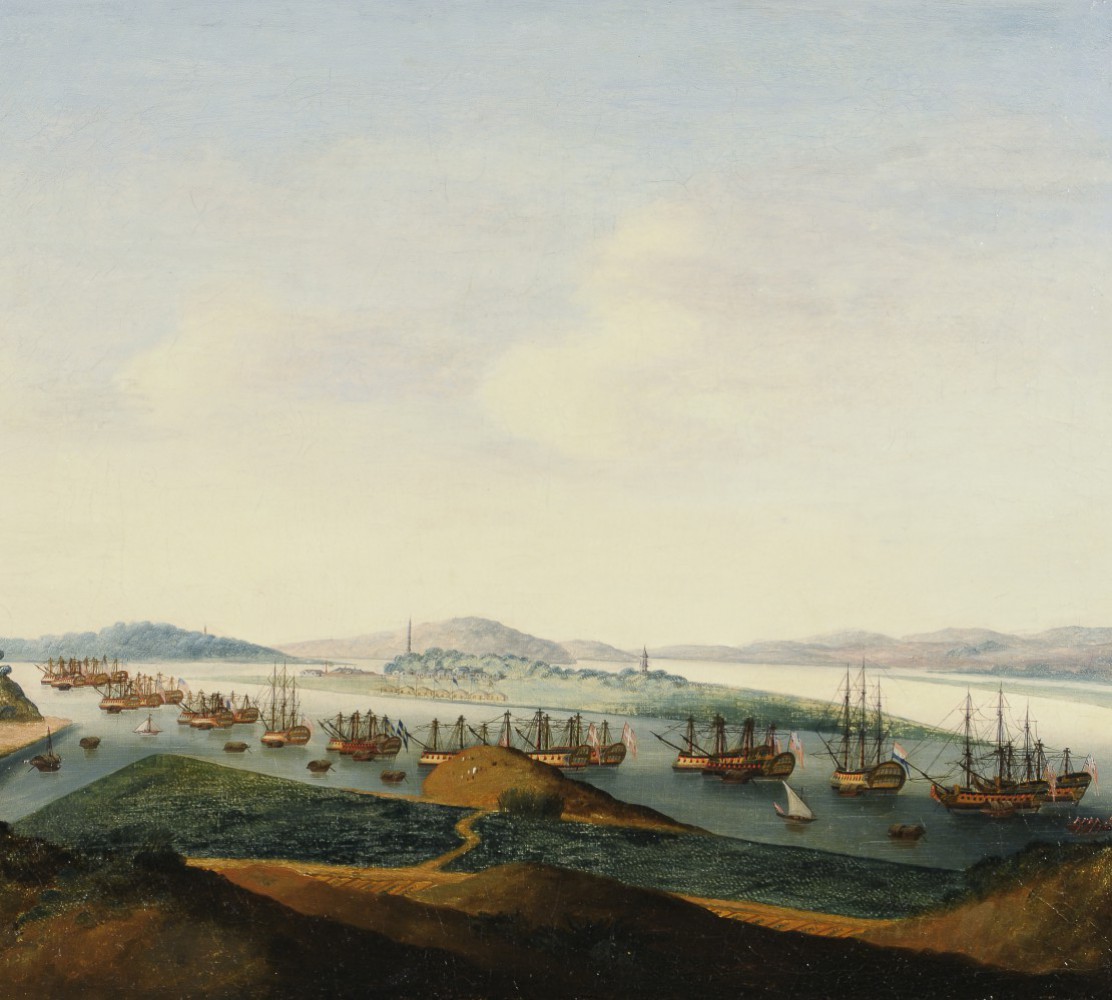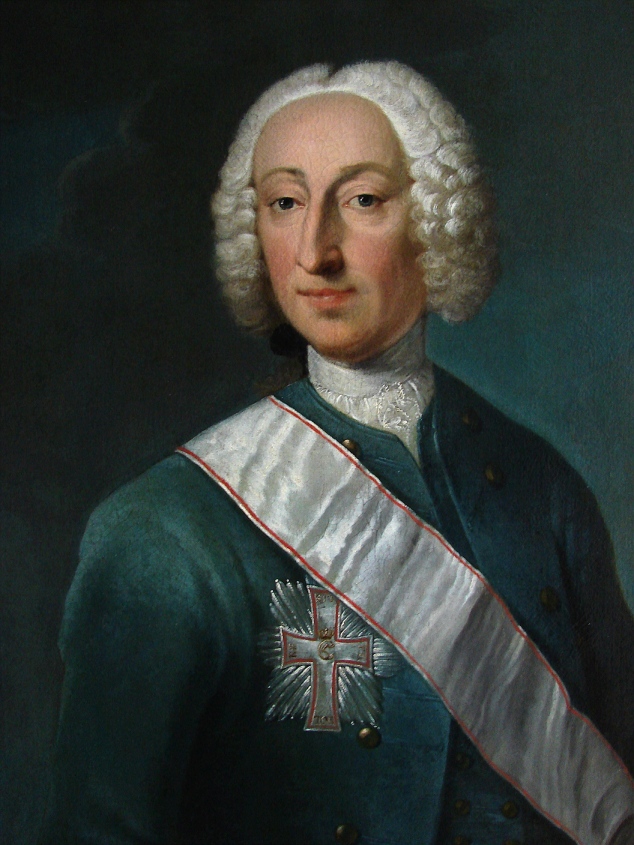In 1735, the young Danish nobleman Count Otto Thott wrote a report, a so-called promemoria, about the economic status and challenges of the Oldenburg Monarchy, especially Denmark and Norway.
Titled Allerunderdanigste uforgribelige Tanker om Commerciens Telstand og Opkomst or “Most humble and personal thoughts about the condition and growth of business”, the report gives an overview of the state of farming, of production and of trade in Denmark and Norway, along with several recommendations for improvement.
At this time, Count Thott, who was of an old noble family, had recently completed a long voyage as part of his education, which took him to Germany, the Netherlands, France and England, where he met several great thinkers of the day, both legal scholars, theologists, astronomers and philosophers. The voyage also educated him in political science, and gave him the knowledge that enabled him to later write the promemoria, inspired by similar works in England and Sweden.
At the time, count Thott had just been appointed as deputee in the new General Landets Økonomi- og Kommerce-Kollegium or the General Economy- and Trade Assembly of the Country.
Kommerce-Kollegiet, as it was called for short, issued several decrees and laws in the following years, among others based on the thoughts of Thott.
In his prememoria, he stated four ideals for an honest merchant (my direct translation):
- Hard-working and bold with reason, for no pigeon falls into the mouth of the sleeping or the frightful.
- Thrifty, because it matters little to gain much, if one later consumes more, and without money, trade is not possible.
- Trustworthy, or else he will have no credit and credit is essential, even for the richest trader.
- Skilled in all matters relevant for a merchant.
Thott then proceeds by defining the relevant matters for the merchant in more detail, namely (paraphrased):
- Where goods can be found most easily and where to sell them more expensively
- The regulations and laws of each place he wishes to trade.
- Which coins to use and how their value exchanges to his own currency.
- The laws of exchange and insurance as well as the customs related to their practice.
- Knowledge about ship-building and general seamanship in order not to be cheated by his captains.
- Relevant knowledge about running a factory or production and how to optimise it.
- What changes are going on in every place he wishes to trade.
Recognising the challenge of learning all of the above, Thott recommends that all who wishes to become merchants spend time abroad, especially in the large trading cities of Europe.
His purpose with the promemoria and especially with the above definitions was to create a more professional class of merchant, who could work on a grander scale than the more common petty traders for the good of the Oldenburg Monarchy.
The full text of Count Thott’s promemoria (in Danish) can be found reprinted in Glamann, K. & Oxenbøll, E. 1983, Studier i dansk merkantilisme: Omkring tekster af Otto Thott, Akademisk Forlag, København.

